April showers bring May flowers according to an old English saying.
This phrase, which might have originated in a verse written by poet Thomas Tusser in 1557, harks back to a time when most people depended on rough rules that were borne of practical experience to know when to plant crops. “Such weather lore was the only forecast available”, says meteorologist Rob Thompson at the University of Reading.
Read more:
‘April showers’ – a rainfall scientist explains what they are and why they are becoming more intense
UK farmers waited in vain for showers this April. The unusually dry month gave lie to the centuries-old expression, which hints at a climate that was generally more obedient to familiar rhythms. The heating of Earth’s atmosphere and ocean, predominantly caused by the mass burning of fossil fuels, has changed that. What we can expect in each season is no longer so assured.
So, how do we keep our bearings on a warming planet?
This roundup of The Conversation’s climate coverage comes from our award-winning weekly climate action newsletter. Every Wednesday, The Conversation’s environment editor writes Imagine, a short email that goes a little deeper into just one climate issue. Join the 45,000+ readers who’ve subscribed.
Forecasting chaos
Forecasters have an enormous challenge in predicting how the weather in each season will change, and in communicating the role of climate change.
“Overall, we can be confident that climate change is bringing warmer conditions in all seasons,” say atmospheric scientists Simon H. Lee and Matthew Patterson at the University of St Andrews. Europe in particular has been a hotspot for warming, with temperatures rising at roughly double the global average.
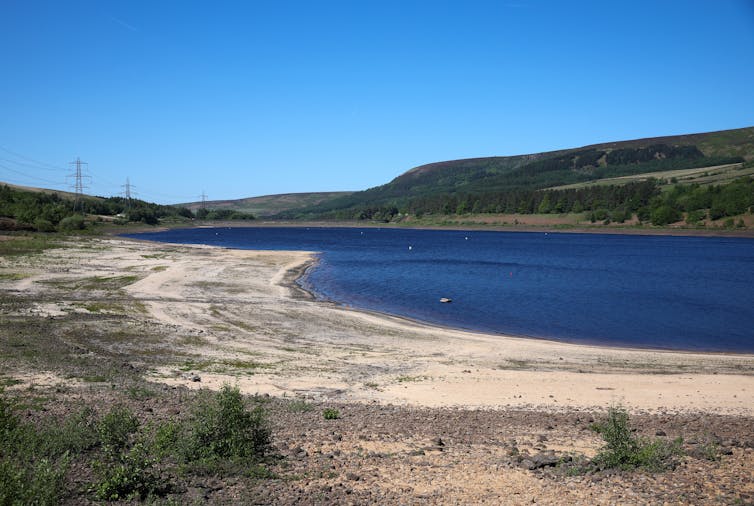
EPA-EFE/Adam Vaughan
Patterson suspects that this has already warped our perceptions of what a “normal” season feels like. When a month arrives with temperatures closer to the long-term average for instance, like June 2024, people tend to experience it as unusually cold.
Read more:
Average months now feel cold thanks to climate change
“Scientists also have strong evidence to suggest that drought conditions will become more common,” Lee and Patterson continue.
The UK has had roughly half the rainfall it would usually expect for March and April, and spring 2025 is on track to be the country’s driest on record. Some of the latest research on Earth’s water cycle predicts that these dry bouts will get drier, while wet ones will get wetter, and that the switch from drought to deluge will be more sudden (“weather whiplash”, as some have called it).
Read more:
Landmark new research shows how global warming is messing with our rainfall
This doesn’t fully explain the UK’s record-warm and dry spring, however. There are also “weather blocks” to factor in.
“A blocking event is a disruption to the usual weather patterns of Earth’s middle latitudes,” explains Tim Woollings, a professor in physical climate science at the University of Oxford. In this part of the world it’s the jet stream, a river of air high in the atmosphere, that typically sets the agenda by driving transient weather over the British Isles from the Atlantic.
Since the beginning of March, a zone of high pressure has rested above the UK and blocked the jet stream like a boulder in a river, Lee and Patterson say. The weather has effectively remained “stuck”. This phenomenon is responsible for a lot of extreme weather in the middle latitudes, as blocks prevent relief from heatwaves or cold snaps, Woollings adds.
Read more:
How weather ‘blocks’ have triggered more extreme heatwaves and floods across Europe
There isn’t conclusive evidence to suggest these blocks are becoming more common as the climate warms according to Lee and Patterson. But one thing is clear: the climate is incredibly complex – and our continuing intervention in it is reckless.
High-temperature haiku
Seasons are our living world’s accommodation of the variation in day length, temperature and weather during the year.
What we perceive as seasonal features, like the shedding of leaves, the arrival and departure of migratory animals, are the adaptations species have made to the average set of conditions that have remained within a particular range for several thousands of years.
Changes in Earth’s orbit and spin axis gradually influenced the climate and seasons over millennia. More recently, fossil fuel burning has been the dominant influence.
“As such, humanity is currently on the path to compressing millions of years of temperature change into just a couple of centuries,” say ancient climate experts Dan Lunt (University of Bristol) and Darrell Kaufman (Northern Arizona University).
The seasonal signals we once thought of as immutable are changing to match these changing conditions. It’s too much, too fast for most species to deal with – including our own.
Read more:
Humanity is compressing millions of years of natural change into just a few centuries
To reorient around a rapidly changing climate, we could do as Tusser did six centuries ago, and write poetry.
Haiku is perhaps our most useful cultural barometer of climate change. These poems, which originated in 17th-century Japan, comprise three short lines and usually include a reference to the season in which they were composed.
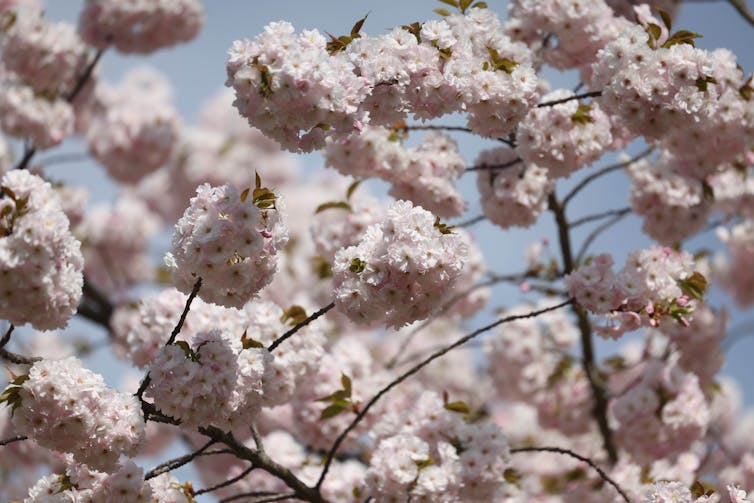
EPA-EFE/Neil Hall
“A successful haiku could be described as a half-finished poem,” say lecturer in publishing Jasmin Kirkbride (University of East Anglia) and creative writing PhD candidate Paul Chambers (University of Bristol). The listener must complete the scene in their head by linking it with an intense moment of perception from their own life, in which “the vast is perceived in one thing”.
As seasons have shifted, so have their markers in haiku. Snowdrops, once a feature of February haiku, now appear close to Christmas. The language used to describe certain species has altered too, the pair say, to become “soaked in grief”. Butterflies that once formed “clouds” in earlier haiku, for example, are now “lone survivors… pushing against time”.
Kirkbride and Chambers urge a new generation of poets to continue recording these changes in haiku: “The vast climate crisis is upon us, and we should write about it.”
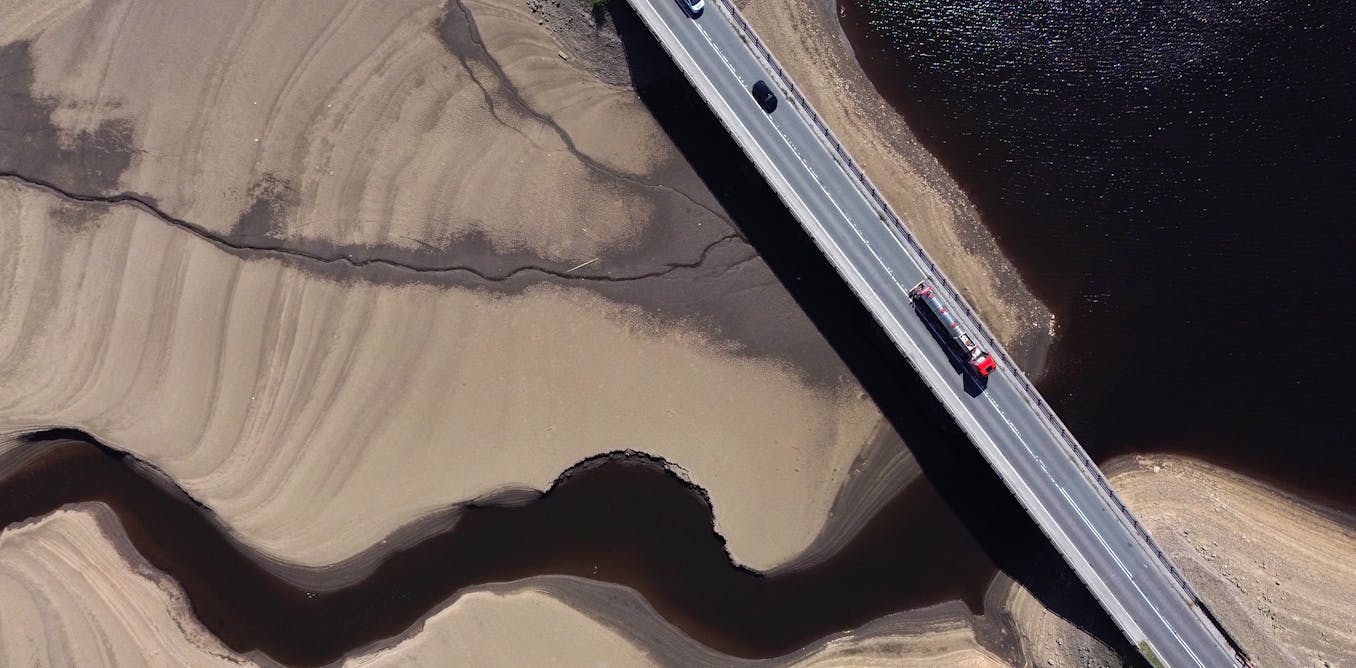
The post “Why spring 2025 is so dry” by Jack Marley, Environment + Energy Editor, UK edition was published on 05/14/2025 by theconversation.com










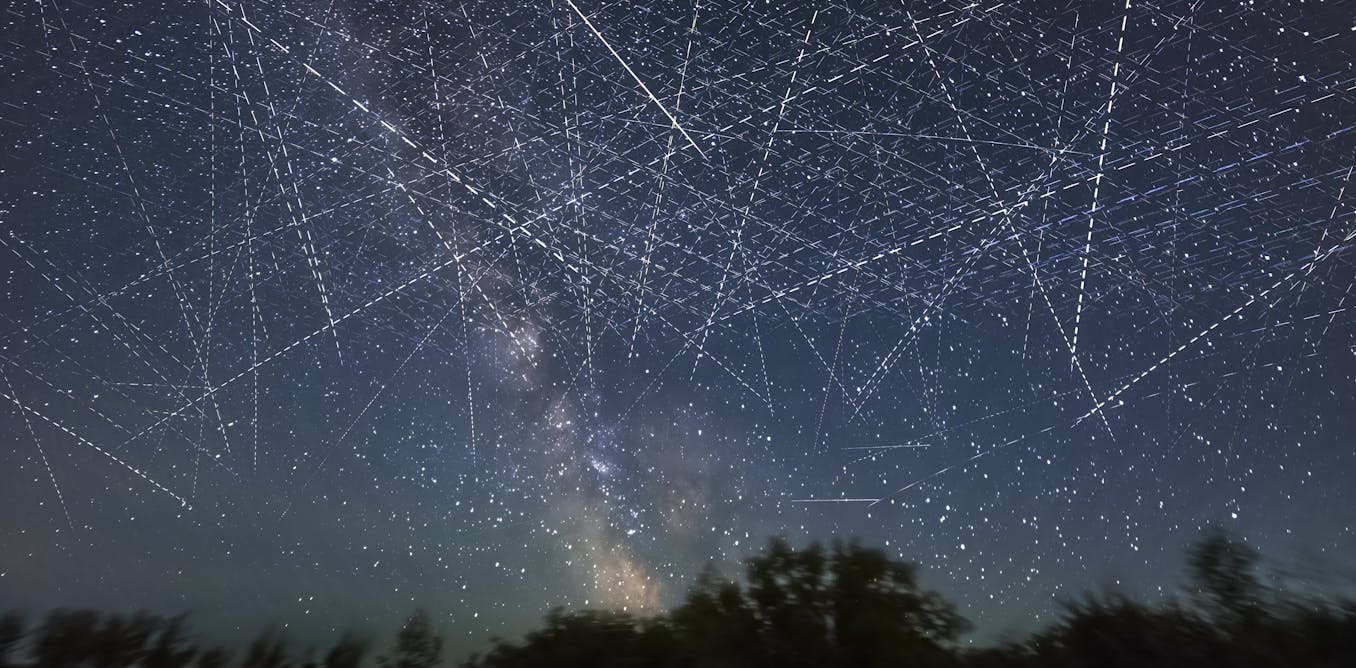







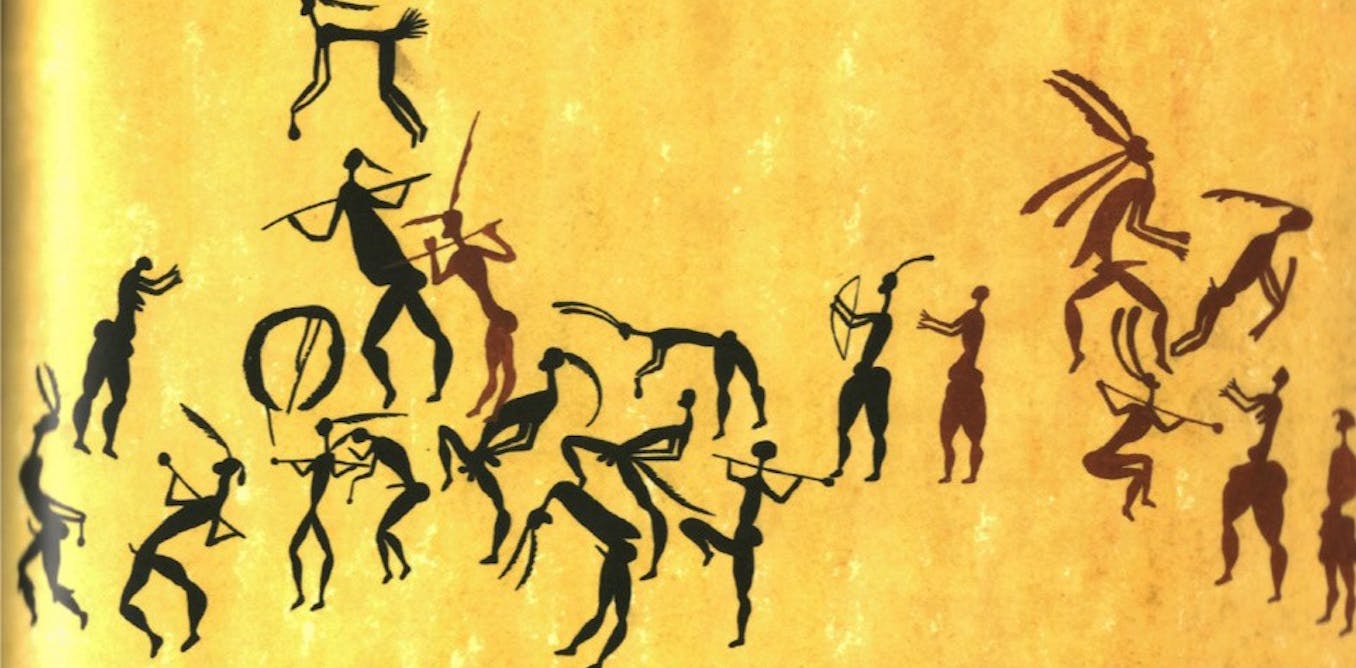












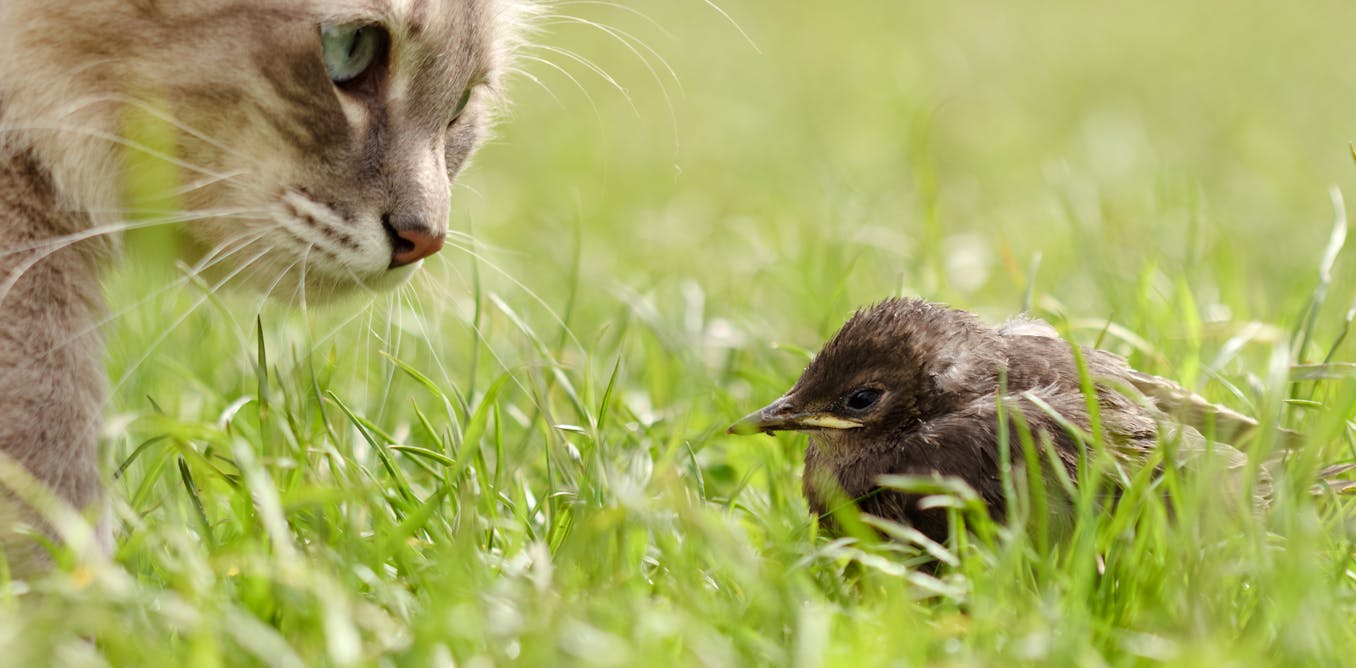
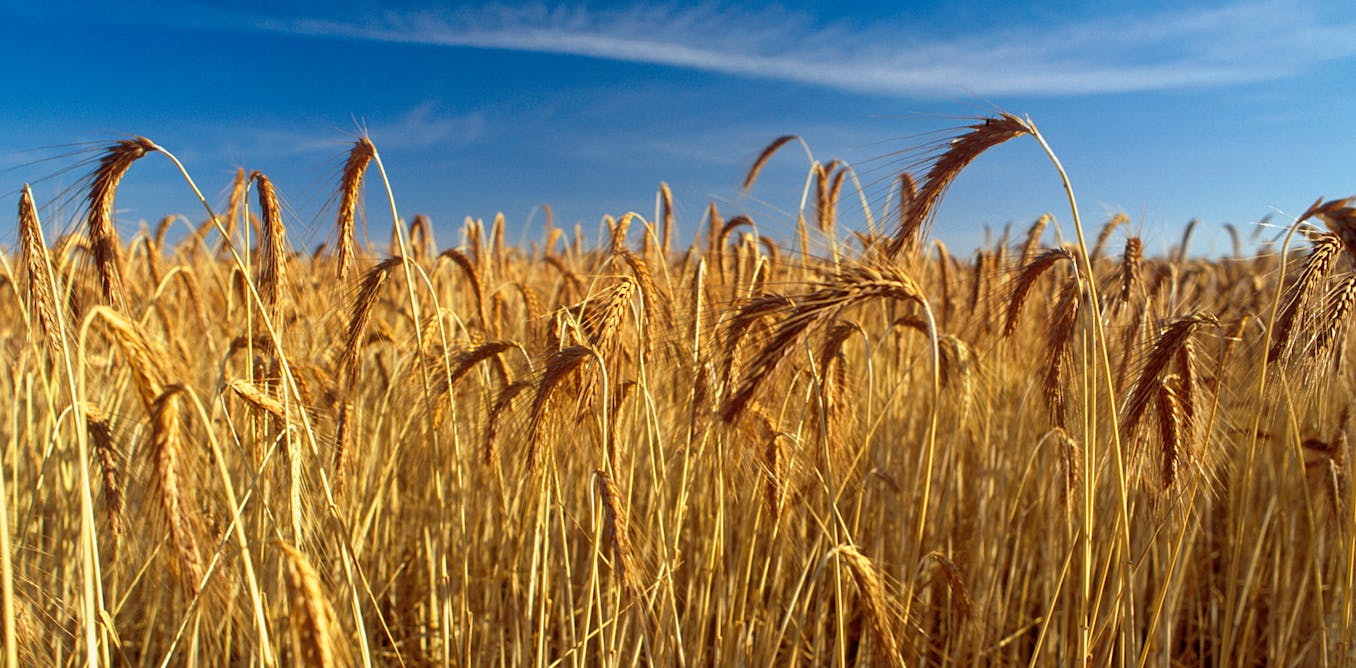


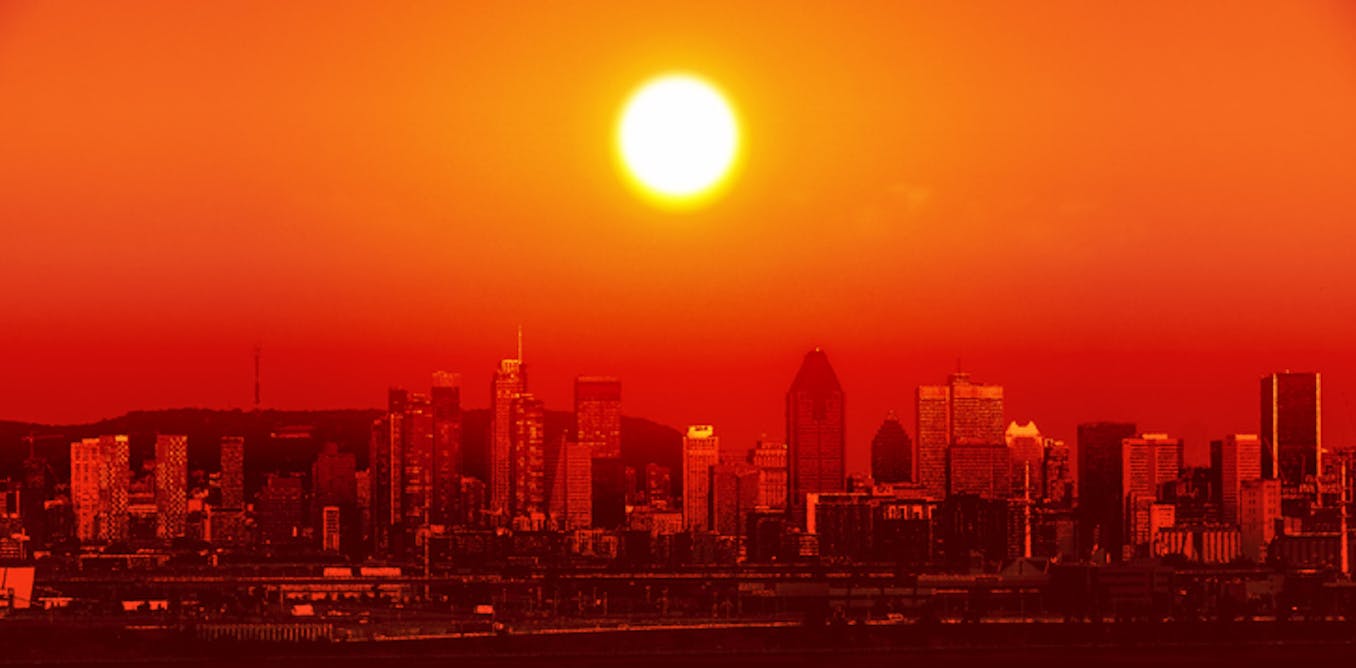


Leave a Reply